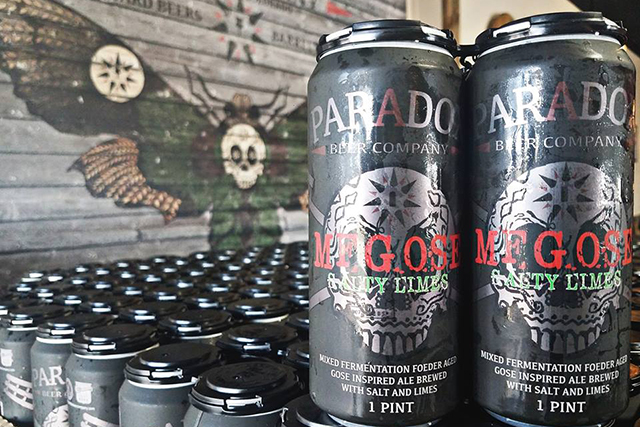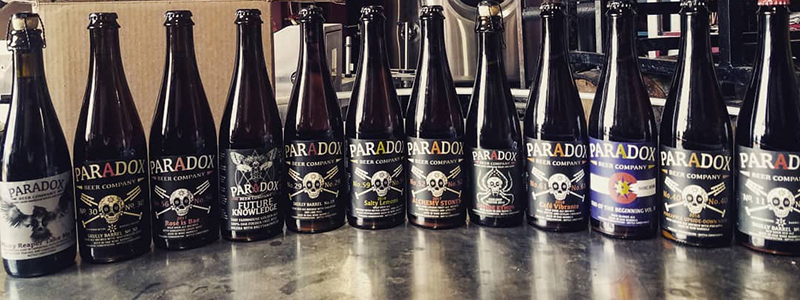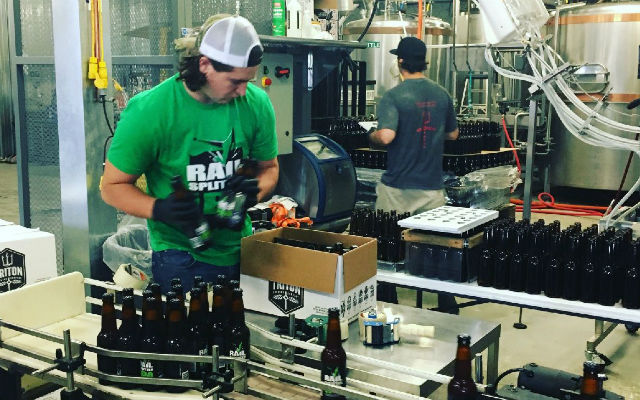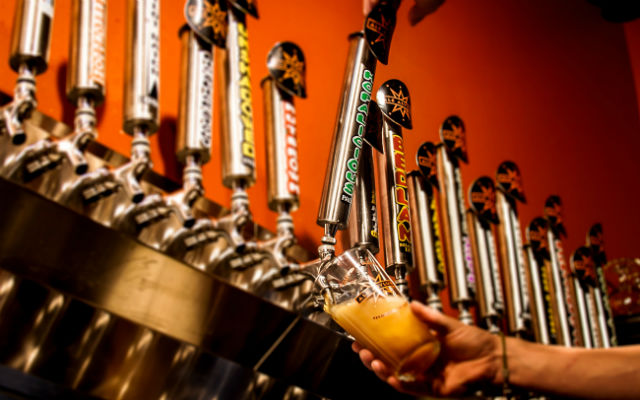
With self distribution or using a distributor, it takes resources, time and a connection with customers to get your brewery’s craft beer bottles and cans leaving shelves.
After two years of self-distribution, Paradox Brewing in Woodland Park, Colorado signed agreements in 2014 to be distributed within the state. They moved forward with deals outside their state a year later to expand their market reach.
Being that Paradox focused on barrel-aging and bottle conditioned meant being selective in marketing their product was important, said Paradox’s Sales and Marketing representative, Carol White.
“We try to go into a market with just enough beer, so that the stronger stores have the beer, and the local population gets excited, and gets out and looks for it,” she said. “We don’t want a saturated market. We have found for a higher-end product, this works better.”
Laura Lodge wrote the book on expanding into new territory. Her book, “Distribution Insight for the Craft Brewer,” is an informative, step-by-step look at distribution.
Although it’s good to have a solid group of beers and a backbone of experience in self-distribution, Lodge notes that standing out in the new market is key with so many brands available now.
“Someone who is unique in what they do, I feel they have an edge,” she told Brewer. “I think the biggest challenge when you want to expand is to have that unique personality and to be distinct. Your story and product can be something that is different in a distributor’s portfolio. If you can’t distinguish yourself from the masses, it’s going to be real hard to sell your story, and sell your beer.”
State-by-state laws can make it a chore as well, which is why White suggests to “lawyer up” before signing anything.
“Small craft brewers are running into the problem where things they are getting in their contract are not the laws on the books in that state,” White explained.
Lodge, who has worked in the middle of three-tier distribution for years, said that it should never be just the breweries job to sell their beer in the partnership with a distributor.
“You have to learn to protect yourself from being in a house where no one is actively interested in selling your product,” she said. “You need to make sure there are annual goals in the contract and accountability requirements on both sides in order to have a successful partnership.”
A lot of the problems that arise can be because of varying state laws.
“Whether the franchise laws are going to trump the contract that you set up with the distributors is a very important point,” she said, noting that even those that are fluent in legalese should have a lawyer on hand. “No matter what you put into your contract, and no matter how much they do or don’t do for you to uphold what they have agreed to in their contract, you’re not going to be able to leave, that’s most definitely the number one thing people should look for when they start their research project.
“It’s important to know if you can get out of a contract that you get into.”






Be the first to comment